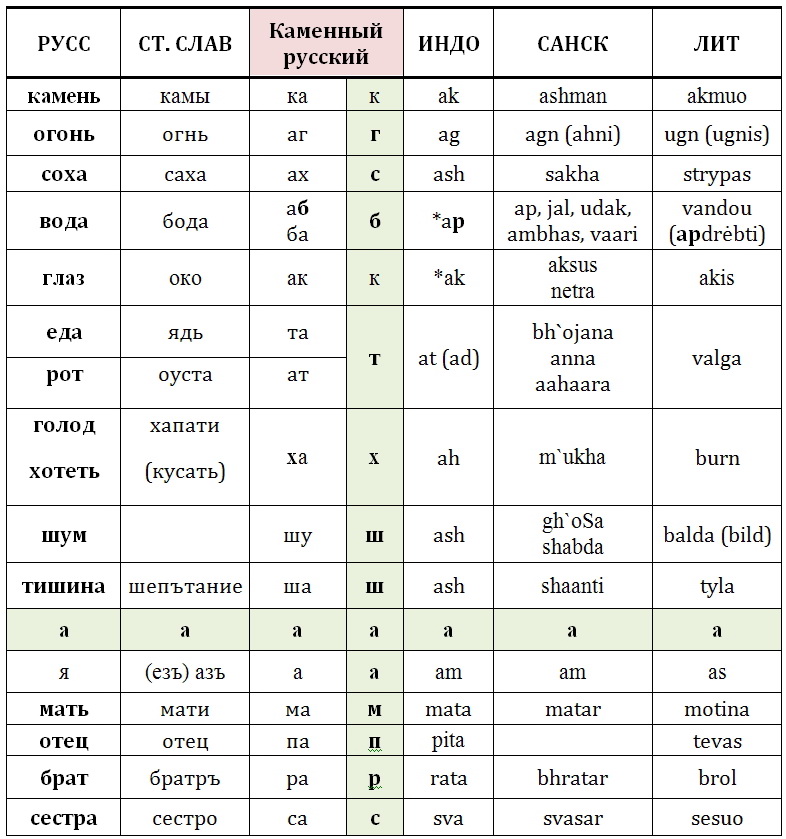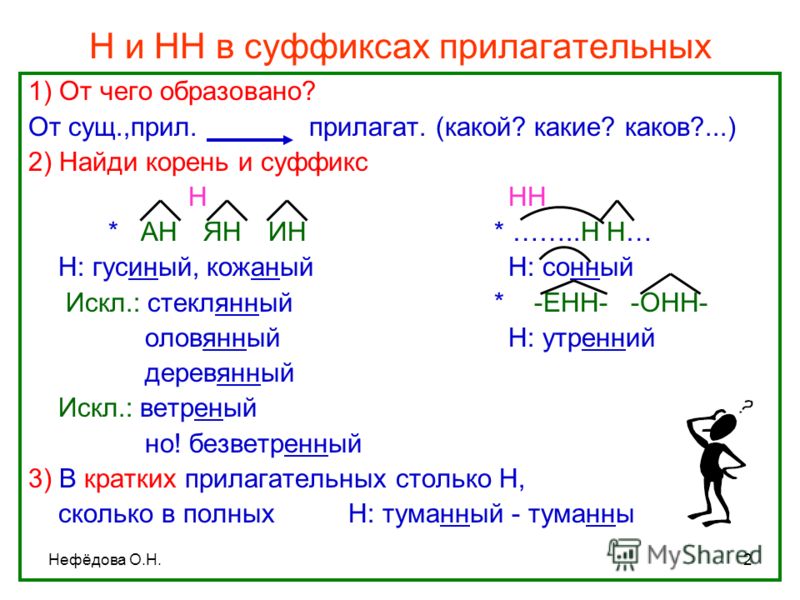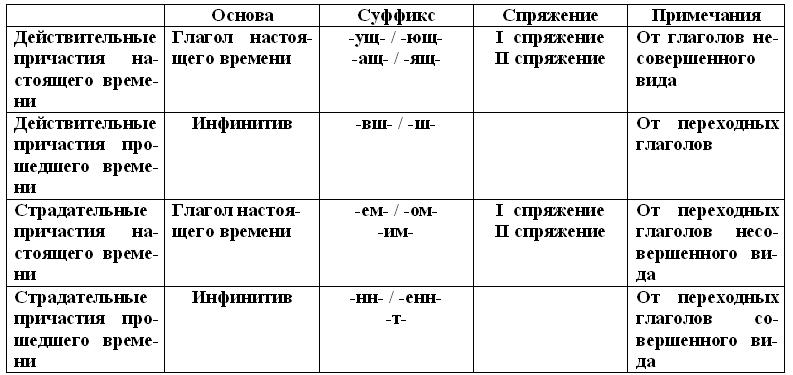Lists of suffixes on the site will come in handy here (suffixes and prefixes must be "known by sight") and the selection of words with this morpheme with the same meaning. Highlight well-known suffixes in words, determine their meaning.
We are looking for related words with the remaining part -ik- in the composition. There is no such word. Therefore, -ik- is one suffix. You can check morphemic parsing using Yandex dictionaries in the Russian language - Morphemic spelling dictionary. After highlighting the suffix (prefix), it is necessary to check the existence of such a morpheme. In all cases, we consider related words for the correct selection of the root, ending and other parts.
In the Morphemic-Spelling Dictionary of Tikhonov A.N. suffixes are highlighted in the same way. And in other word-formation dictionaries it is similar. The suffix is not used with all words. In the explanatory dictionary of the Russian language, approximately 4500 roots, 500 suffixes, 100 prefixes are used. Only for the first time today did we hear the word suffix and you need to put it in the word coats. In works of fiction, suffixes can give words the desired emotional coloring: diminutive, affectionate, exaggerated.
It can be negative or positive, sympathetic or mocking, contemptuous or ironic, and with the help of suffixes, you can estimate the size of an object or the size of a living creature. Suffix - This term has other meanings, see Suffix (meanings). Borrowed words in Russian - Borrowing foreign words is one of the ways of developing a modern language. Language always responds quickly and flexibly to the needs of society.
However, suffixes partially carry a grammatical load, conveying, for example, the form of a verb (kap-at - kap-n-ut). As well as prefixes, they are mainly derivational morphemes, but also in verbs they partially convey species-aspect meanings (walked - walked - arrived).

Adjective suffixes
In addition to these suffixes of Slavic origin, the Latin suffixes -ism (doctrine, process) and -ist (follower of the doctrine, member of the process) are actively used in the Russian language. These suffixes have completely naturalized and are also used to form words from Russian roots (pofizizm, communicator).
The suffix -ad- forms nouns with the meaning of a woman or a wife: priest. The suffix -ist forms nouns with the meaning of a person according to belonging to an institution, profession, a certain social direction (signalman, accordionist, Marxist).

The compound suffix -l-uch-ik (-lschits-) forms nouns with the meaning of a person by occupation, occupation or action (driller, grinder, cleaner). The suffix -ysh forms nouns that denote such participants in events who are not active, not proactive and most often turn out to be the suffering side: a freak, a foundling, a foster child. Using the same suffix, words can also be formed from adjectives: sturdy.
Suffixes, something, or something, form adverbs in which, with the most generalized indication of place, time, mode of action, they remain unclear (somewhere, somewhere, somewhere, sometime, somehow). Such morphs indicate the connection of both the simple foundations themselves and the meanings that they contain.
As a homework assignment, the children were asked to repeat the well-known suffixes, to remember what they mean. What do suffixes form? Does the meaning of a word change with the addition of a suffix? So what is the role of the suffix? In the course of the lesson, a table "Suffixes and their meanings" is compiled. So what can we estimate with a suffix? The most precious thing, speech and thought, the inhabitants hid in deep stone shelters. And they went on the offensive!
Write down the words with the suffixes -chik-, -shchik-, -ist-, -tel-, -owat-, -evat-define their meaning. Remember and write down the suffixes with the meaning “inhabitant of any country, city, region”. Find words with a similar meaning in the text and select the suffixes.

What conclusion can be drawn by analyzing words with the suffixes –ets ––, –isch-? Words of the same part of speech with the same suffixes may have different meanings). Are only new words forming suffixes? Let's think about what we can call these suffixes? What other suffixes are there? Write out phrases from the text “Alarming events” that include words with evaluation suffixes. Come up with and write down 2-3 sentences about how events developed in the city of Slovansk further.
Label the vowel spellings in this word. How many suffixes are there? The complex suffix -l-n-ik forms nouns with the meaning of an object intended to perform an action (refrigerator, washbasin).